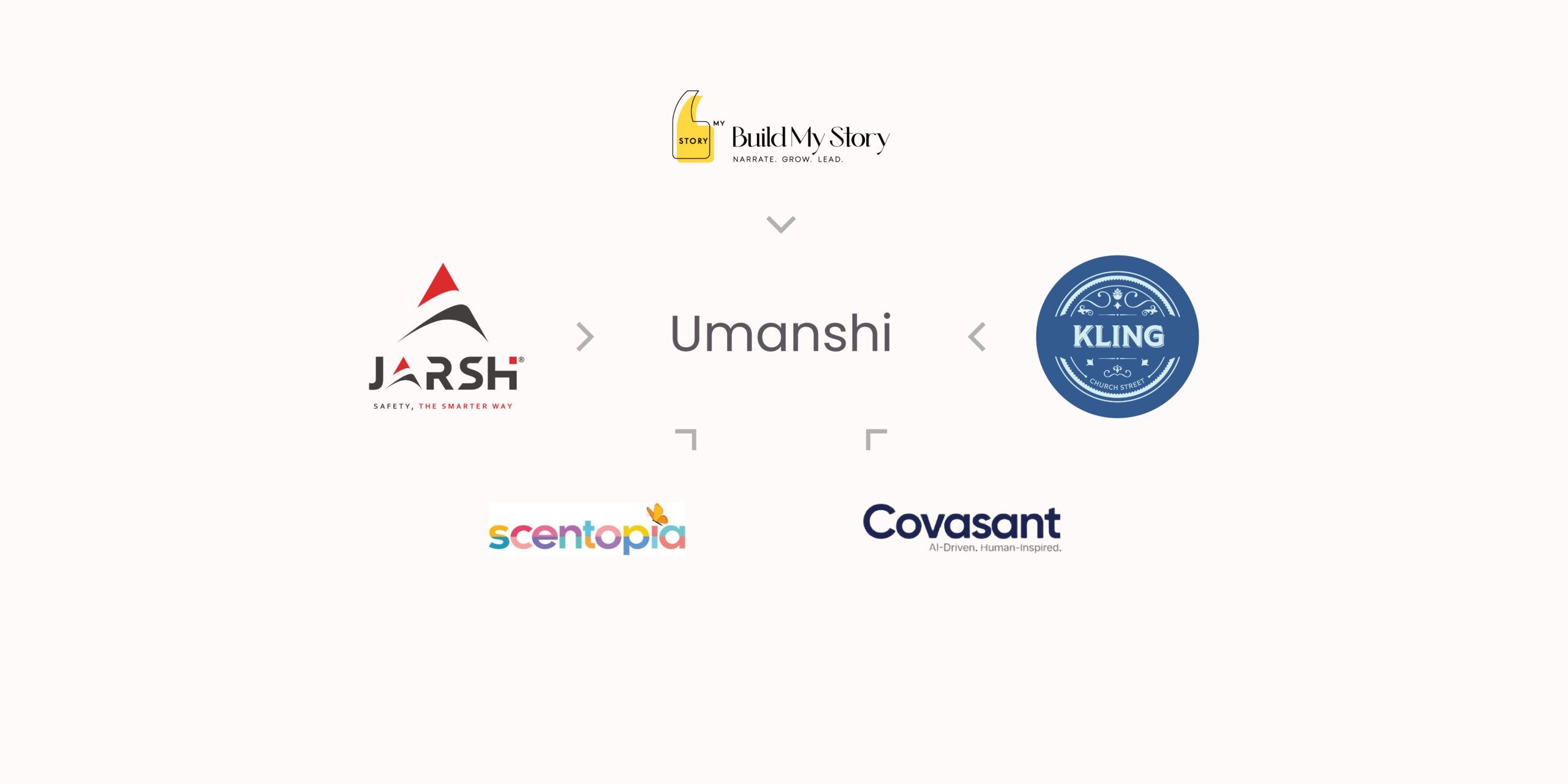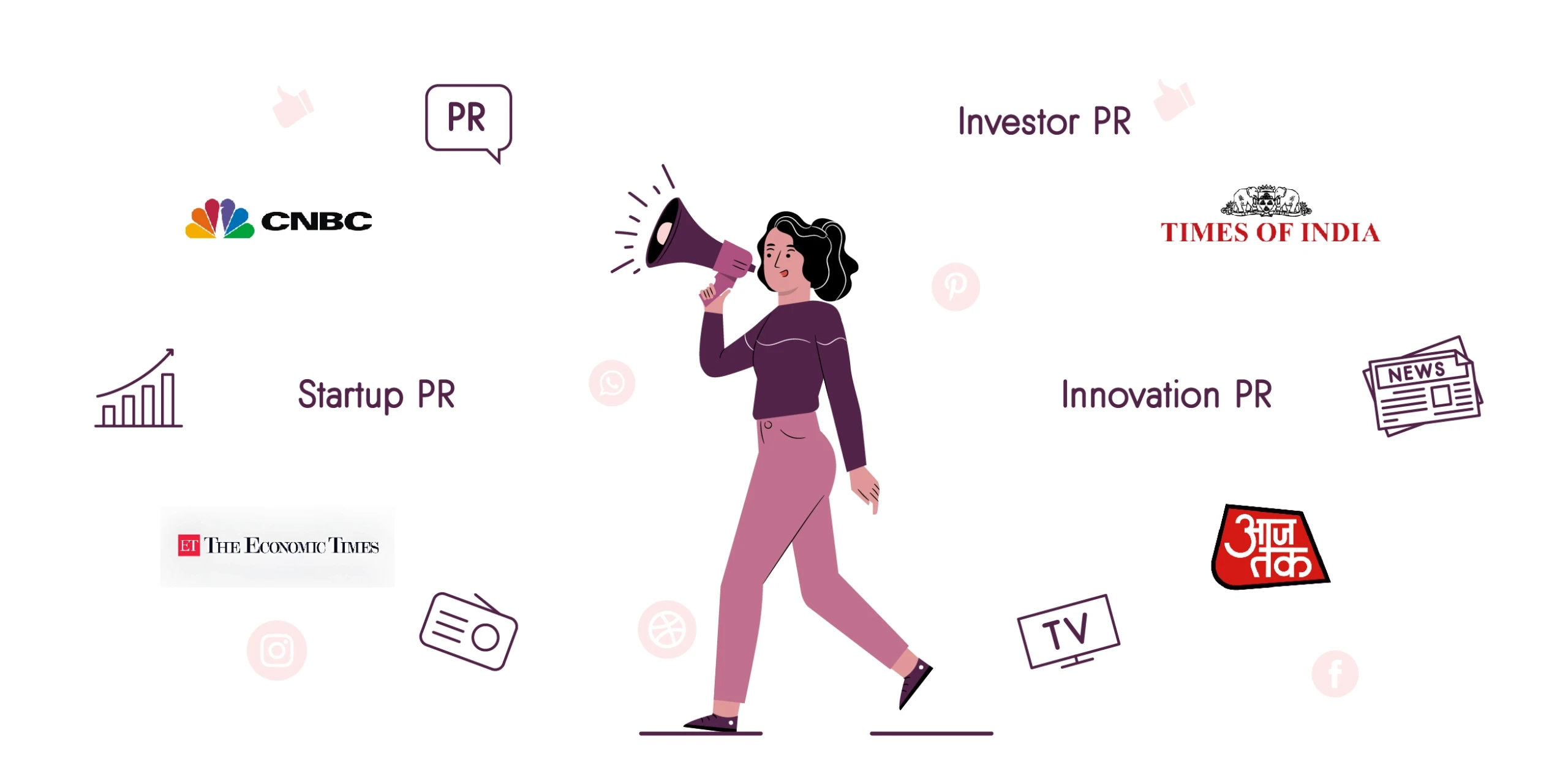A part of you would be thinking that since I run a PR agency, I would declare, “Of course startups and SMBs (small and medium businesses) need PR!”
Wrong.
Most Indian businesses look at marketing/ PR spend as a % of revenue. So if you are – pre-revenue/ early revenue/ struggling to get a bare sales number/ stay alive, then I don’t recommend PR for you.
Because unless you have a disruptive proposition that the media can’t wait to cover, PR would take at least a few months to do its magic. And I am not sure if you would like to pump in money for your media coverage vs stay afloat.
Now that we have established who is PR not for, lets get going on if startups, SMBs and legacy businesses really need PR.
Here are 5 business use cases of PR for startups and SMBs – (no gyan but real stuff to help your org grow)
1. Your sales pipeline is moving slower
Let’s admit that most of us aren’t a household or say a corporatehold name that everyone knows us/ our worth aka Nike or Accenture. We may have been around for decades (SMBs) or doing innovative work (startups), yet closing sales takes longer than it should or many-a-times we fail to make the cut despite being the top 3 shortlist by a potential customer.
That’s where PR helps – accelerate sales. When established media houses (The Times of India/ Outlook/ etc) feature us, it instantly propels us to a higher league.
Consider the case of our client, Brick&Bolt, a tech based construction venture, faced trust issues because home construction is a high-stakes decision.
- Our strategic PR narratives and coverage across national and regional media, help bridge this gap.
- When potential customers googled about Brick&Bolt, they found multiple positive stories—instilling confidence and boosting conversions.
2. You are category creating
Most of the startups are disrupting/ category creating. Hence your challenge begins not from marketing your product/ service but even the need for your product/ service. And no, people don’t buy tech (that is an enabler) but how are you solving some real problems
Case in point here our startup client, FlexiBees providing vetted remote/ flexible talent. Businesses didn’t know an option like this was even possible. Like most startups, FlexiBees relied on digital marketing assuming that national media such as print is out of the question for them. Enter Umanshi Marketing, we placed them on the 1st page of Economic Times Entrepreneur print edition across 16 cities! And they went viral with 5x downloads of their app, 70,000 people reached in 48 hours and 15 leads received from the corporates.
3. You are looking for investors/ better valuation
You have a great product/ service but need investment to scale/ sustain. How about investors approaching you instead of you approaching them? Or how about receiving better valuation?
Here’s a case study our client: a tech enabled supply chain startup – our PR enabled them reach Rs 100 cr funding in series A in a year’s time; this is how we did it:
- Built narratives about the need gap, tech, vision etc across media
- Placed on the right platforms/ forums such as YourStory Techsparks, podcasts, etc
- Shone in the investor community eg placement in Inc42, VCCircle, etc



4. You want to nurture your leads
Sales is an oooongoiiinnng process. Add to this: B2B sales involves a buying circle wherein each stakeholder adds his/ her 2 cents to the decision making process. Also it can be a looong process – 3 to 9 months.
Possibly you would be waking up every morning thinking about your THAT prospective customer and praying THAT prospective customer also does so! But is that how it works? Naaa.
Here’s an example of our client LP Logiscience:
- Use PR as content to stay visible without being pushy
- Share your authored articles to demonstrate your expertise


5. You are struggling to hire/ retain
Top talent doesn’t just look at your website or social media—they Google your company. If all they see is self-published content, it may not be convincing enough. PR ensures third-party validation of your culture, values and leadership.
Case in Point: Lingaro, a Polish IT company, wanted to strengthen its employer branding in India. We built a PR campaign around “Employee Experience Mapping.” Result:
- 500% increase in job applications
- 280% rise in offer acceptances
- 45% more career page visits—all through organic PR



When Should You Invest in PR?
✅ You have a validated product/service with proven market fit
✅ You are ready to allocate consistent budgets atleast for 6 months to an year
✅ You are looking to build credibility, attract investors, accelerate sales or strengthen employer branding
If you’re still in survival mode, focus on sales first. PR will serve you best when you’re ready to scale.
Conclusion: PR Is Not for Everyone, but It Can Be Game-Changing
We are Umanshi Marketing specialising in marketing and PR for startups, SMBs and legacy businesses (largely founder-led organizations). We are a bunch of go-getters who have worked with MNCs and now bring in the same level of expertise with a lot of empathy to the smaller outfits.
If you could resonate with any of the above, reach out to us and or share with someone who you think can benefit from it.
FAQs About PR for Startups and SMBs
Q1. Is PR worth it for early-stage startups?
Only if you have funding or steady revenue. Otherwise, focus on product-market fit first.
Q2. How long does PR take to show results?
Expect 3–6 months of consistent effort before PR delivers measurable impact.
Q3. Can PR really help raise funding?
Yes. Strong PR builds investor confidence, attracts inbound interest and improves valuation.
Q4. How is PR different from advertising?
PR is earned media—coverage you don’t pay for directly—making it more credible than ads.
Q5. How does PR help with hiring?
Candidates trust third-party media more than your website. Positive coverage builds employer credibility.
About the Author
Hi, I’m Tamanna Gupta, an IIMB graduate. With 20+ years of experience in sales and marketing across 60+ industries and 300+ brands, I’ve been in your shoes—navigating the startup world, making mistakes and learning along the way.
If you’re looking for a PR partner who gets startups and SMEs, let’s chat. And if you found this blog helpful, share it with your network. Because let’s face it—startups need all the help they can get!











